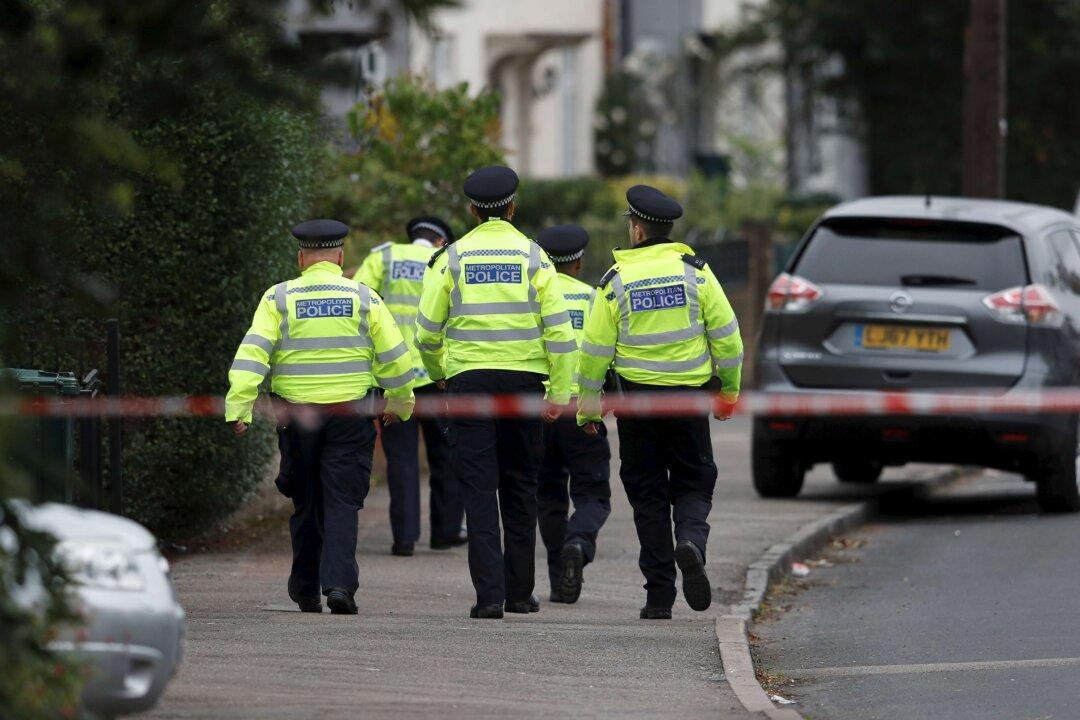Radical social media influencers pushed false claims that Hindu nationalist groups were behind attacks in Leicester, sparking a backlash against the Hindu community, a report has claimed.
A new report by the national security think tank The Henry Jackson Society (pdf) claims that unrest has been falsely presented as involving organised Hindu extremist groups.





